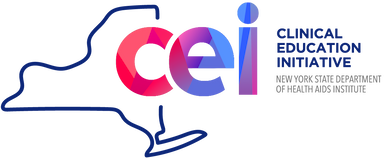Asier Sáez-Cirión received his PhD degree from the University of the Basque Country in Spain and did postdoctoral training at the FDA Center for Biologics Evaluation and Research in Bethesda. In 2003, he joined the Institut Pasteur where he is now Associate Professor and Head of the Viral Reservoirs and Immune Control Unit. Dr Sáez-Cirión is the Chair of the scientific and medical committee of Sidaction, a charity in France funding HIV research. He leads the VISCONTI study on Post-treatment HIV controllers and he is the coordinator of the ANRS RHIVIERA task force on HIV remission. His work is focused on understanding natural mechanisms associated with control of HIV/SIV infection and developing new therapeutic interventions to achieve HIV control in the absence of antiretroviral therapy.


